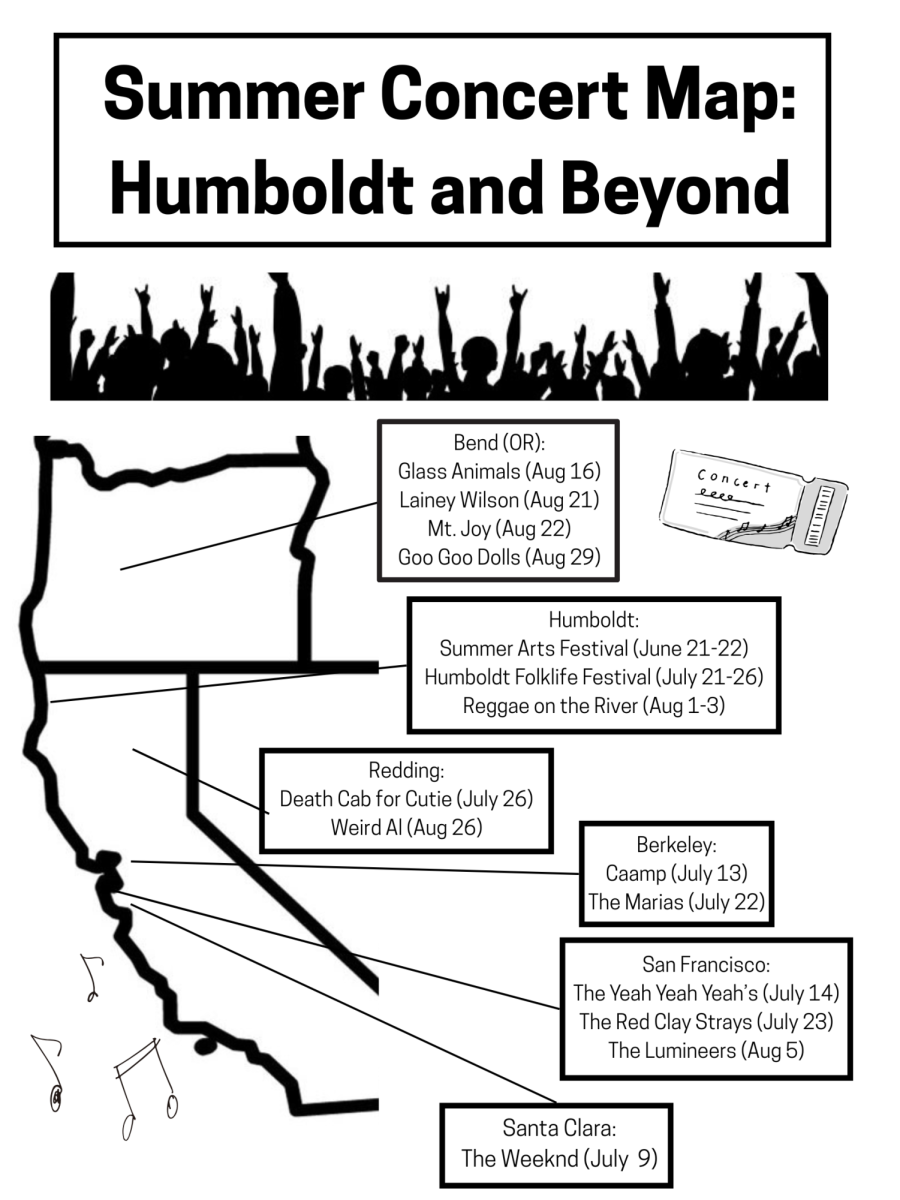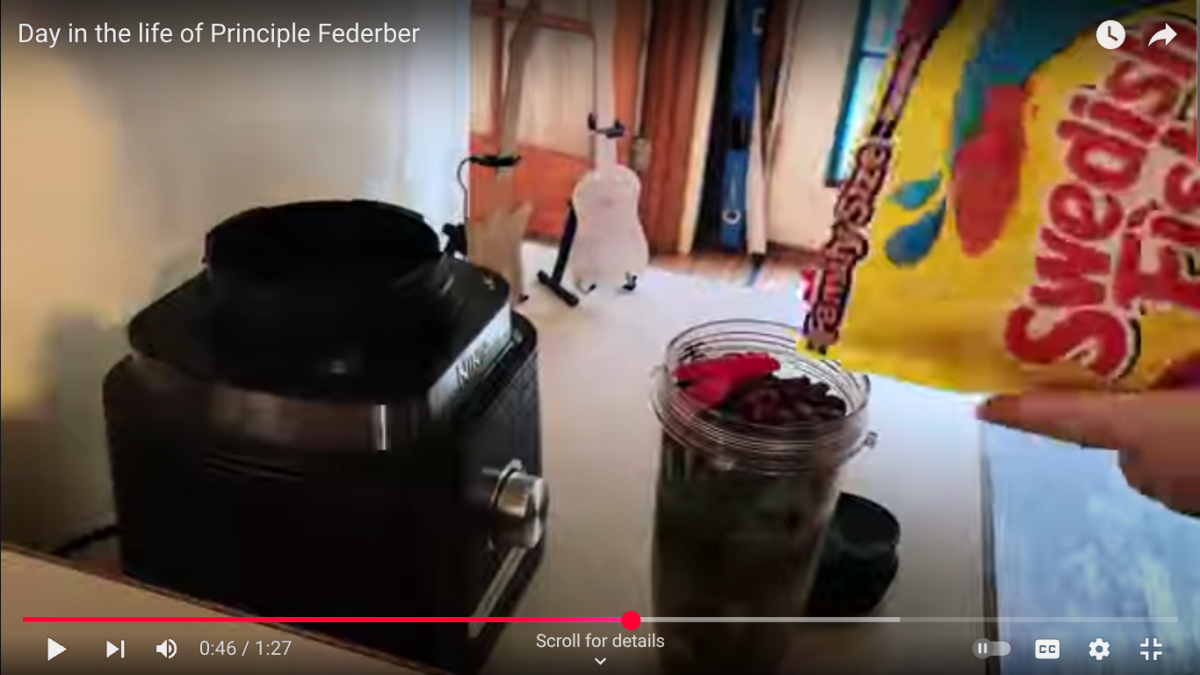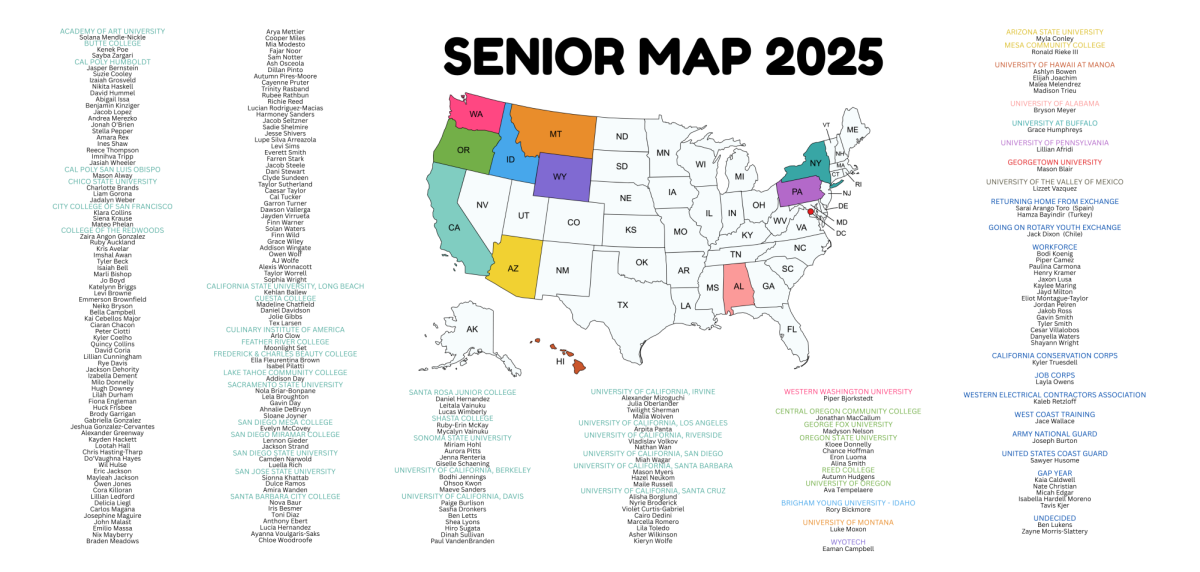Normally, if you didn’t want your online activity tracked people would do one of two things: either use a different browser, or use incognito mode. Incognito mode is Google’s solution for private web browsing, promising that Google isn’t tracking you or what you’re viewing/searching.
Around March of last year, Brown et al, an organization of lawyers who are trying to get Google to admit their wrong doings, sued Google in a class action lawsuit over the claim that Google was tracking everything users were doing in incognito mode, as well as claiming that Google’s tracking techniques are an invasion of privacy to the degree of being illegal. Over the past couple years, Google has tried to have the case dismissed in both East Coast circuits and West Coast circuits, in which both were denied.
According to the United States District Court of Northern California ruling in Brown v. Google, Google tried to get the courts to dismiss the case on March 12, 2021. They were denied.
In the ruling, Judge Lucy H. Koh said, “Although Google argued that, ‘Tracking cookies are routine,’ the court concluded that, ‘[B]ased on the pled facts, a reasonable fact-finder could indeed deem Google’s conduct ‘highly offensive.’ The Court comes to the same conclusion.’”
As of April this year, the case has been settled, reaching a mutual agreement between Google and Brown et al, the people suing Google. Google did not admit outright that they were breaking any laws or knowingly breaking users’ trust but instead decided to erase billions of dollars worth of collected user data, from upwards of tens of millions of users.
The data being deleted was allegedly collected illegally through incognito mode and other forms of tracking, such as location tracking, cookies and search histories while using incognito mode.
In this case, Google had already lost a lot of trust with its users. Looking back to the Facebook consumer privacy litigation that was passed after Facebook lost a suit about not securely storing user information, this could create an even bigger precedent that these corporations are lying about what they do with it.































